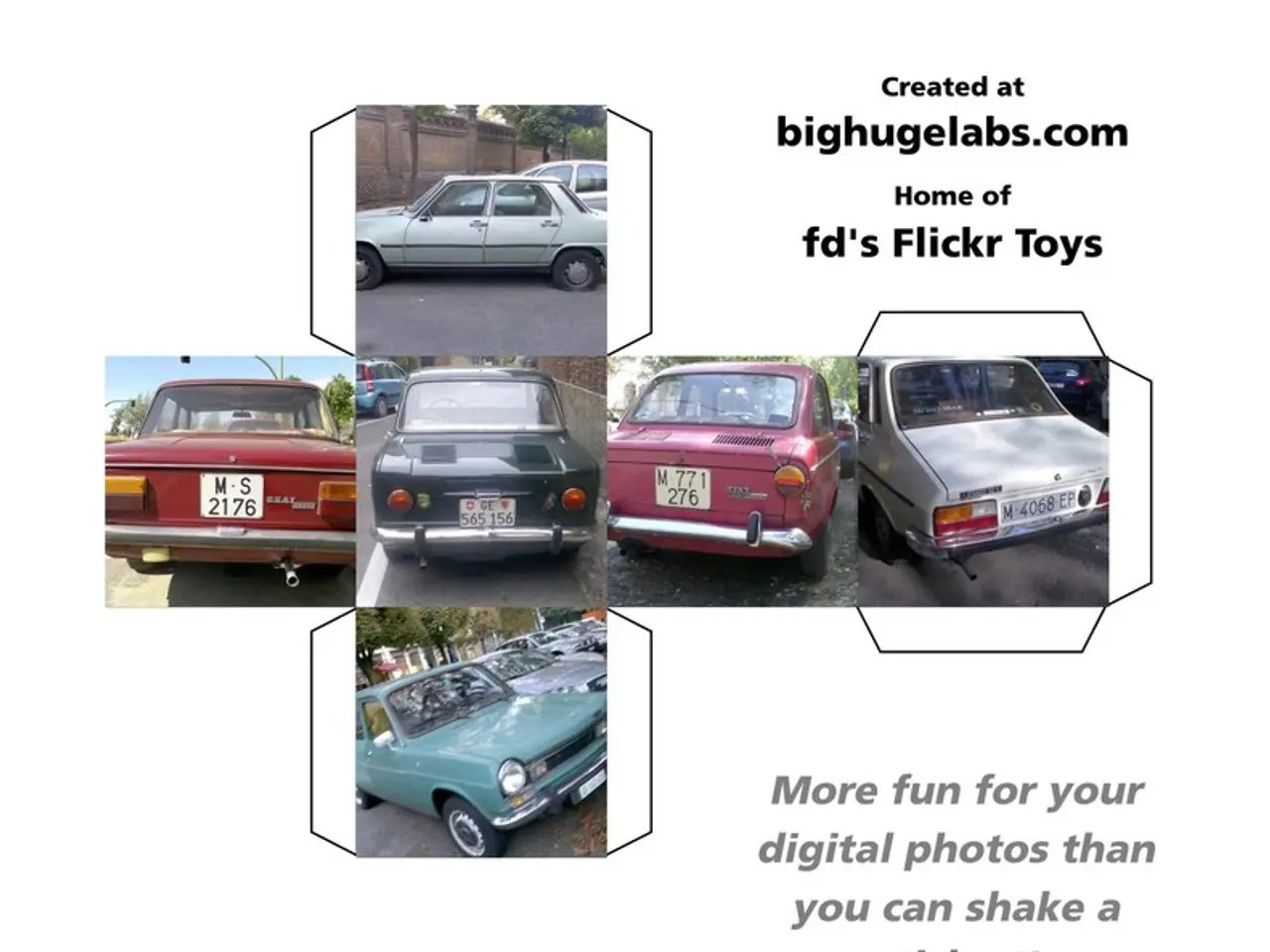Authorities allocate 12 billion baht to subsidize 100,000 electric vehicles.
Thailand is making significant strides in electric vehicle (EV) production and infrastructure development, with the goal of becoming a fully integrated EV hub in the ASEAN region by 2030. The government has set a target under the “30@30” policy for zero-emission vehicles to constitute at least 30% of total passenger car and pickup truck production — around 725,000 units — and 675,000 electric motorcycles by 2030 [1].
Current Status
Production Capacity and Investment
By mid-2025, Thailand has approved 169 projects worth 137.7 billion THB (approximately 4.2 billion USD), spanning EV manufacturing, batteries, components, charging stations, and battery swapping. This includes 21 battery electric vehicle projects with combined capacity of 386,000 units annually, 16 electric motorcycle projects with capacity of 810,000 units, and 3 electric bus/truck projects [1].
Policy and Incentives
The government supports the EV industry with cash subsidies, tax benefits, and eased production rules. Recently, Thailand’s Board of Investment allowed exported EVs to count towards local production quotas at a 1.5x multiplier to encourage manufacturing flexibility amid weaker domestic sales [2][3].
Market Outlook
EV sales are expected to grow strongly at a compound annual growth rate (CAGR) of 17.7% from 2023 to 2030, reaching about 290,000 units annually and comprising almost 29% of total car sales by 2030. SUVs are projected to be the most popular EV body type [2].
Infrastructure Development
Alongside manufacturing, infrastructure such as charging networks and battery swapping facilities is expanding to support rising EV uptake. Investment incentives cover these areas as well [1].
Challenges
Despite strong production and export ambitions, domestic EV sales have faced some softness, especially due to growing competition from Chinese-made EVs, prompting flexible policy adjustments [3].
Key Components Production
There are 42 projects producing other key components such as traction motors, battery management systems (BMS), drive control units (DCU), on-board chargers, DC/DC converters, inverters, high-voltage harnesses, battery cooling systems, electric air-conditioning systems, and EV charging equipment, with total investment of 6.521 billion baht [4].
Electric Vehicle Brands
The EV3 and EV3.5 schemes cover brands such as BYD, Denza, MG, NETA, ORA, Aion, Deepal, Lumin, Wuling, Volt, Toyota, Mercedes-Benz, Hyundai, Omada, and Jaecoo; Honda, I-Motor, Payak/Zeeho, Super Soco/Kavallo, Rapid/Felo*, Scomadi*, Sleek*, Modyak, Luyuan, AJ, Sunra, and Nuvola X. For electric motorcycle production, brands like Deco, H SEM, EM, Mine Mobility, Super Soco/Kavallo, Rapid/Felo*, Scomadi*, Sleek*, Modyak, Luyuan, AJ, Sunra, and Nuvola X are also covered [5][6].
Charging Stations
As of March 2025, there are 3,720 charging stations nationwide, with a total of 11,622 charging dispensers [7]. The target for fast-charging dispensers is set at 12,000 units by 2030 [1].
Battery Production
Battery production accounts for the largest share of investment, with 53 projects worth a total of 80.063 billion baht [8].
National Electric Vehicle Policy Committee (EV Board)
The National Electric Vehicle Policy Committee (EV Board) has reviewed progress and the results of various promotional measures [9].
Thailand is thus positioning itself as a competitive regional EV production hub, leveraging its established automotive ecosystem, strategic location, and government support to meet its ASEAN leadership goals by 2030 and a longer-term carbon neutrality commitment by 2050 [1][2].
[1] The Nation Thailand. (2023, April 10). Thailand aims to become ASEAN's electric vehicle hub by 2030. Retrieved from https://www.nationthailand.com/business/40011828
[2] Bangkok Post. (2023, March 23). Thailand's EV push to meet ASEAN leadership goals by 2030. Retrieved from https://www.bangkokpost.com/business/2038190/thailands-ev-push-to-meet-asean-leadership-goals-by-2030
[3] The Nation Thailand. (2023, February 20). Thailand may adjust EV policies to boost sales. Retrieved from https://www.nationthailand.com/business/40007750
[4] The Nation Thailand. (2023, March 20). EV component projects worth 6.5 billion baht. Retrieved from https://www.nationthailand.com/business/40008402
[5] The Nation Thailand. (2023, April 10). EV3 and EV3.5 schemes cover 29 brands. Retrieved from https://www.nationthailand.com/business/40011828
[6] The Nation Thailand. (2023, March 20). EV3 and EV3.5 schemes cover 44 brands. Retrieved from https://www.nationthailand.com/business/40008402
[7] The Nation Thailand. (2023, March 20). Thailand has 3,720 charging stations. Retrieved from https://www.nationthailand.com/business/40008402
[8] The Nation Thailand. (2023, March 20). Thailand sees 80 billion baht investment in battery production. Retrieved from https://www.nationthailand.com/business/40008402
[9] The Nation Thailand. (2023, March 20). EV Board reviews progress, promotional measures. Retrieved from https://www.nationthailand.com/business/40008402
- Thailand's aggressive efforts in electric vehicle (EV) production and infrastructure development are centered on transforming the country into a fully integrated ASEAN EV hub by 2030, with the production of 1.3 million EV units, including cars, trucks, buses, motorcycles, and related components.
- The financing of these initiatives involves a combined investment of 137.7 billion THB (approximately 4.2 billion USD) that is channeled into 169 projects, spanning EV manufacturing, battery production, components, charging stations, and battery swapping.
- The Thai government supports this industry via cash subsidies, tax benefits, eased production rules, and policy adjustments to encourage investments and manufacturing flexibility amid weaker domestic sales.
- Personal finance and the economy stand to benefit significantly as electric vehicles contribute to job creation, economic growth, and ultimately the attainment of the country's carbon neutrality commitment by 2050.
- The development of infrastructure, such as charging networks and battery swapping facilities, aligns with the expansion of EV production and aims to support the rise in EV adoption within Thailand and the ASEAN region.




